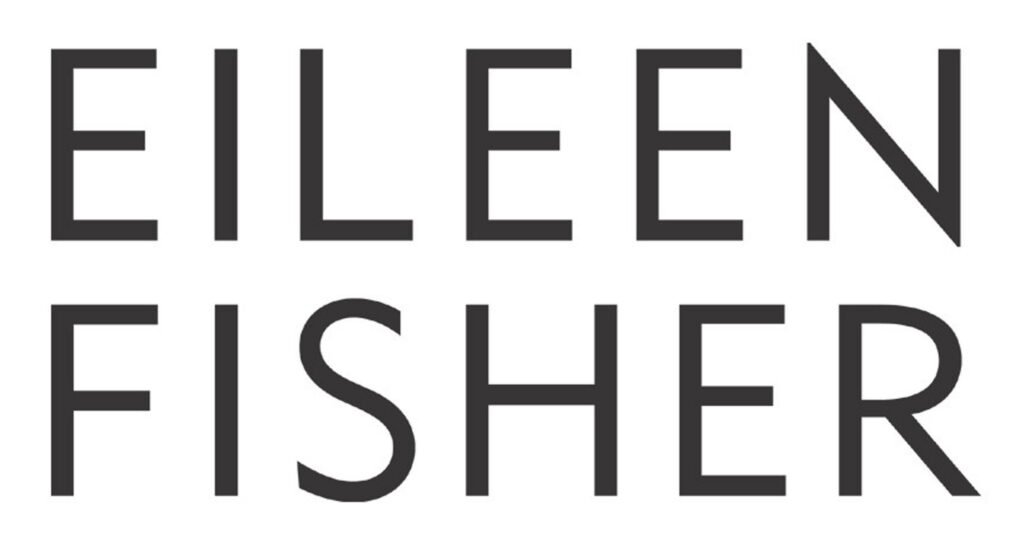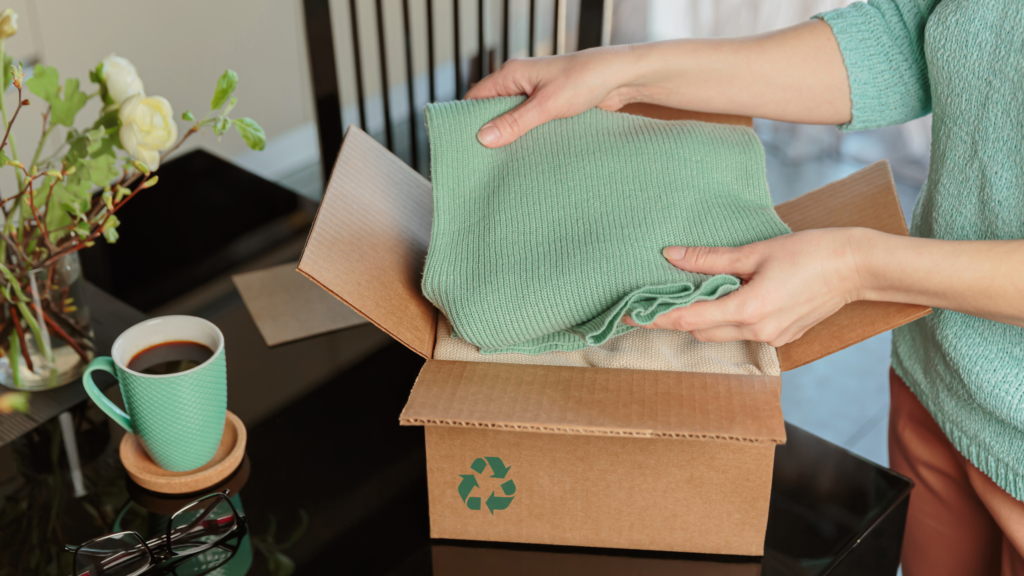Investing in sustainable fashion brands is more than a trend; it is a powerful movement towards promoting eco-friendly practices and fostering social responsibility. As consumers become increasingly conscious of their environmental footprint, the fashion industry is undergoing a significant transformation. This shift presents a unique opportunity for investors to support sustainable fashion brands that align with Bottom Billion Corporation’s (BBC) mission to promote sustainable development and economic empowerment. This article explores the importance of investing in sustainable fashion, effective strategies, challenges, and inspiring success stories.
The Importance of Sustainable Fashion Investments

Sustainable fashion aims to minimize environmental impact and ensure fair treatment of workers throughout the supply chain. By investing in its brands, investors contribute to:
- Reducing Environmental Footprint: Sustainable fashion brands focus on eco-friendly practices such as using organic materials, reducing water consumption, and minimizing waste. This reduces the overall environmental impact of the fashion industry.
- Promoting Ethical Labor Practices: Sustainable brands ensure fair wages, safe working conditions, and the empowerment of workers, particularly in developing countries. This promotes social equity and economic empowerment.
- Driving Innovation: Investing in it encourages brands to develop innovative solutions, such as biodegradable fabrics and closed-loop recycling systems. This fosters a culture of continuous improvement and technological advancement.
Key Strategies for Investing in Sustainable Fashion
To make impactful investments in sustainable fashion, it is essential to adopt strategies that align with both financial and ethical goals. Here are some key strategies:
Conduct Thorough Due Diligence
Before investing, conduct thorough research to ensure the brand’s sustainability claims are genuine. Look for certifications such as Fair Trade, Global Organic Textile Standard (GOTS), and B Corp. These certifications indicate that the brand adheres to high environmental and social standards.
Focus on Transparency and Traceability
Invest in brands that prioritize transparency and traceability in their supply chains. Brands that can trace their products back to the source and provide detailed information about their production processes are more likely to be genuinely sustainable.
Support Innovative Startups
Consider investing in innovative startups that are pushing the boundaries of sustainable fashion. These companies often introduce groundbreaking technologies and practices that can significantly reduce the environmental impact of the fashion industry.
Collaborate with Impact Investors
Collaborate with other impact investors to pool resources and share knowledge. This can enhance the impact of your investments and support the growth of sustainable fashion brands.
Challenges in Sustainable Fashion Investments
While investing in sustainable fashion offers significant benefits, it is not without challenges. Some common obstacles include:
- Greenwashing: Greenwashing occurs when brands falsely claim to be sustainable to attract environmentally conscious consumers. To avoid this, investors must conduct thorough due diligence and verify the brand’s sustainability claims.
- High Costs: Sustainable fashion often comes with higher production costs due to the use of eco-friendly materials and ethical labor practices. This can result in higher prices for consumers, potentially limiting market reach. Investors need to balance sustainability with affordability to ensure broad adoption.
- Market Volatility: The fashion industry is known for its volatility, with changing consumer preferences and trends. Sustainable fashion brands must navigate these fluctuations while maintaining their commitment to sustainability. Investors should focus on brands with strong value propositions and adaptability.
Success Stories in Sustainable Fashion
Eileen Fisher is a clothing brand known for its commitment to sustainability and ethical practices. The company focuses on using organic and recycled materials, as well as ensuring fair labor practices throughout its supply chain. Eileen Fisher’s innovative approach includes a take-back program where customers can return used clothing for recycling, contributing to a circular economy. This commitment to sustainability has earned the brand a loyal customer base and significant market recognition.

Stella McCartney is a pioneer in sustainable luxury fashion, using innovative materials such as vegan leather and organic cotton. The brand’s dedication to sustainability has earned it a loyal customer base and significant market share in the luxury fashion industry.

Allbirds, a footwear brand, focuses on using natural materials like merino wool and eucalyptus tree fiber to create comfortable, eco-friendly shoes. The company’s transparent supply chain and commitment to sustainability have made it a popular choice among environmentally conscious consumers.

In conclusion, sustainable fashion investments offer a unique opportunity to support the transition towards a more responsible and sustainable fashion industry. By focusing on sustainability, investors can help drive the fashion industry towards practices that not only protect the planet but also empower workers and benefit communities. As we move forward, investing in sustainable fashion will play a crucial role in shaping a more sustainable and equitable future for all.



